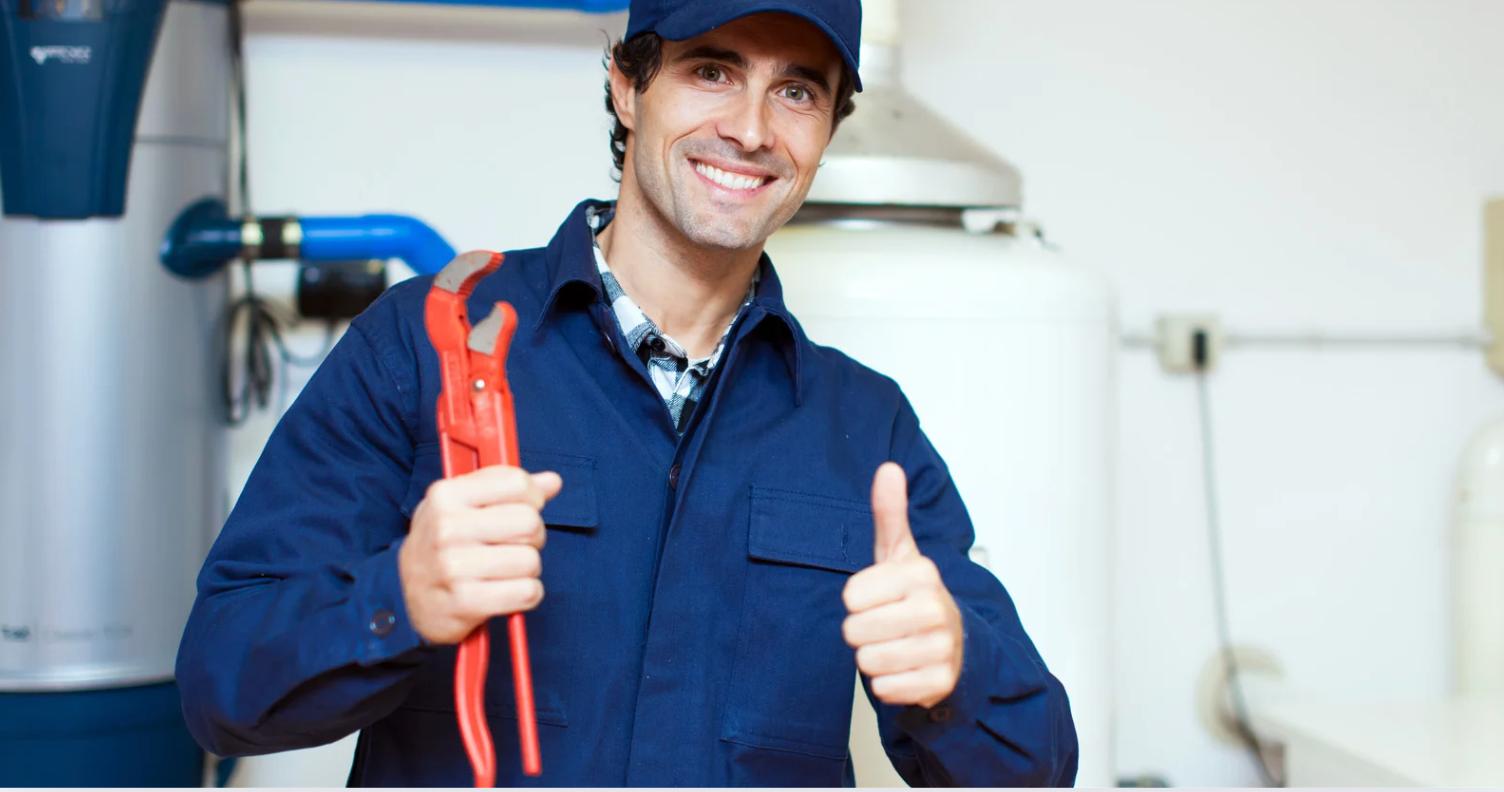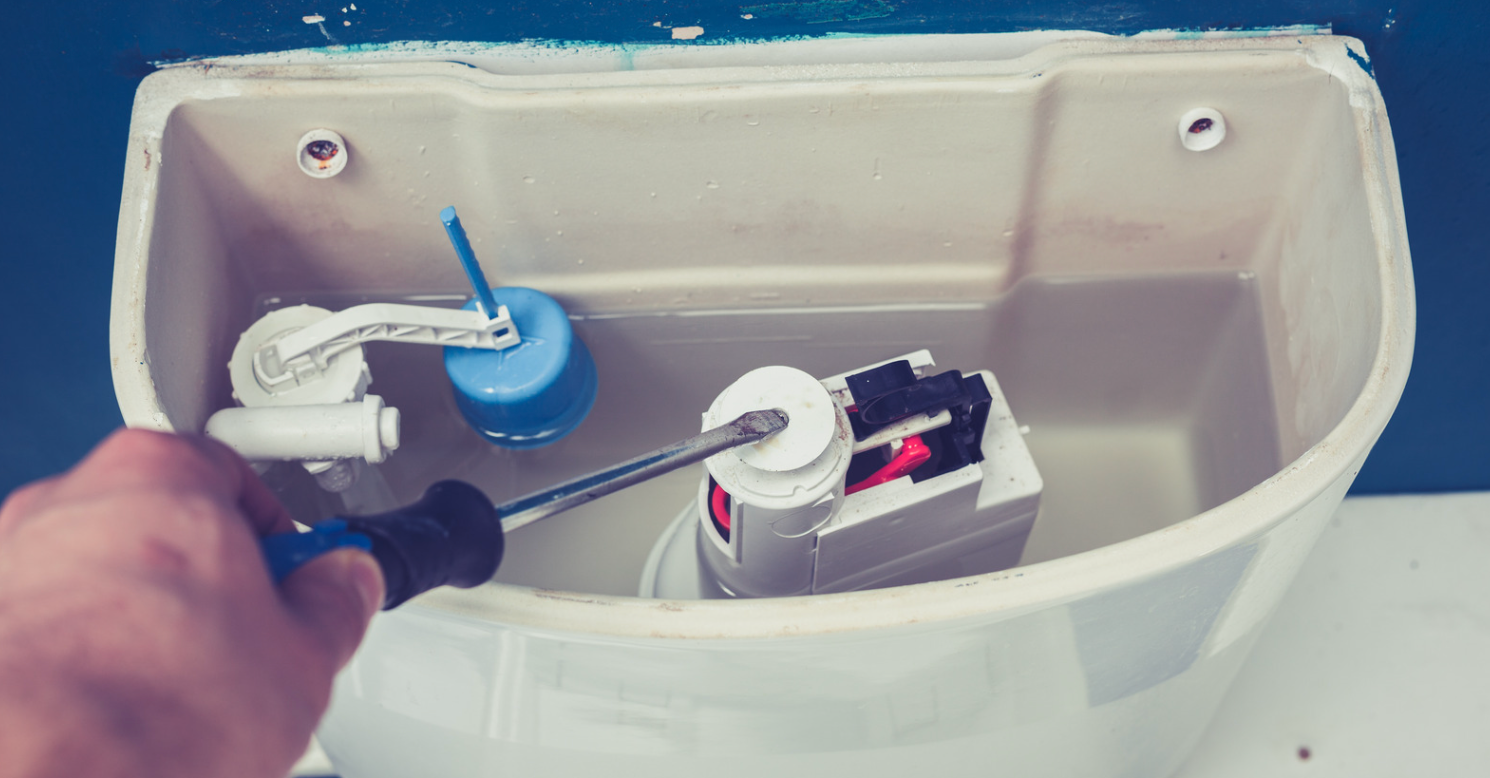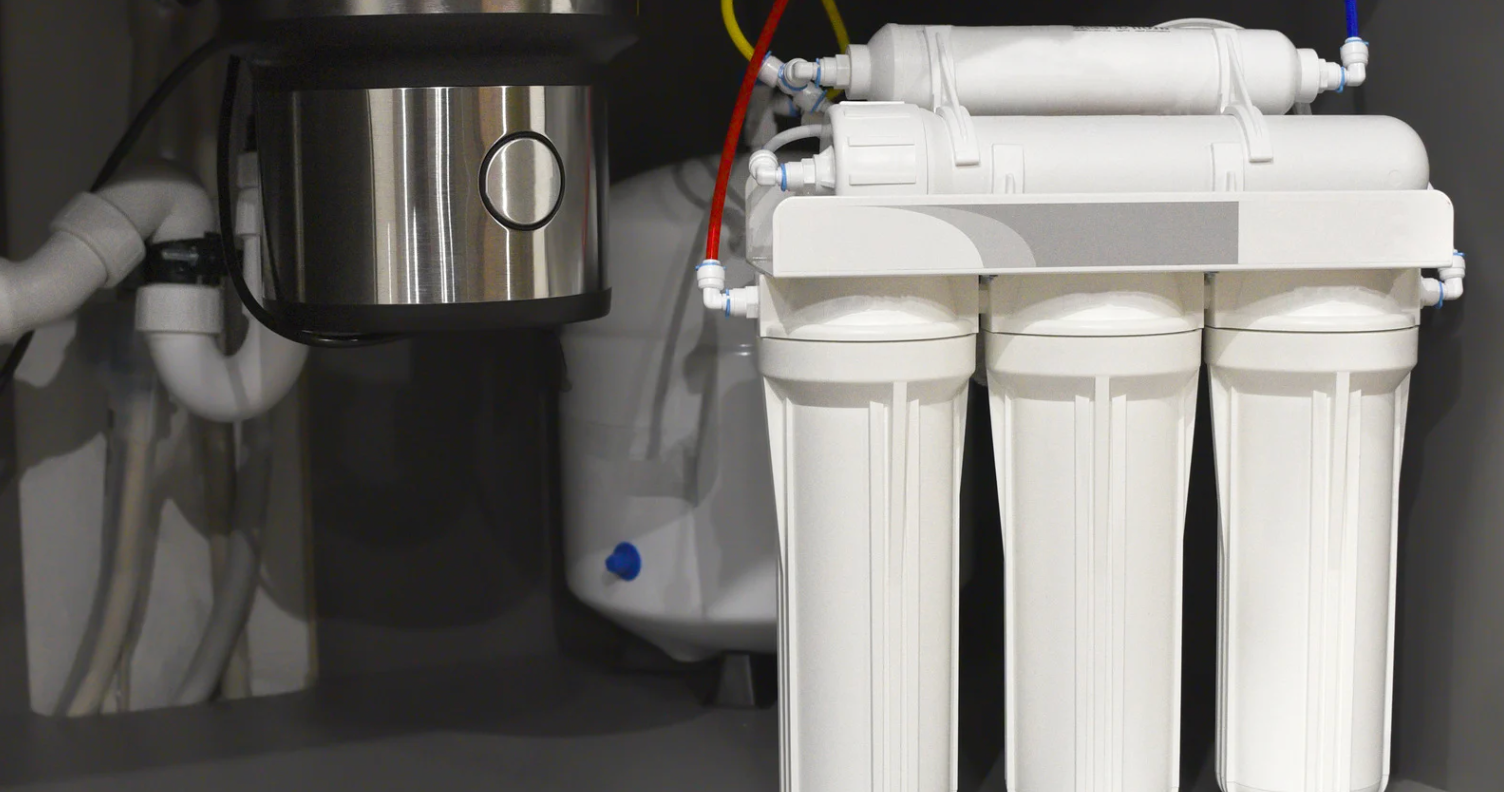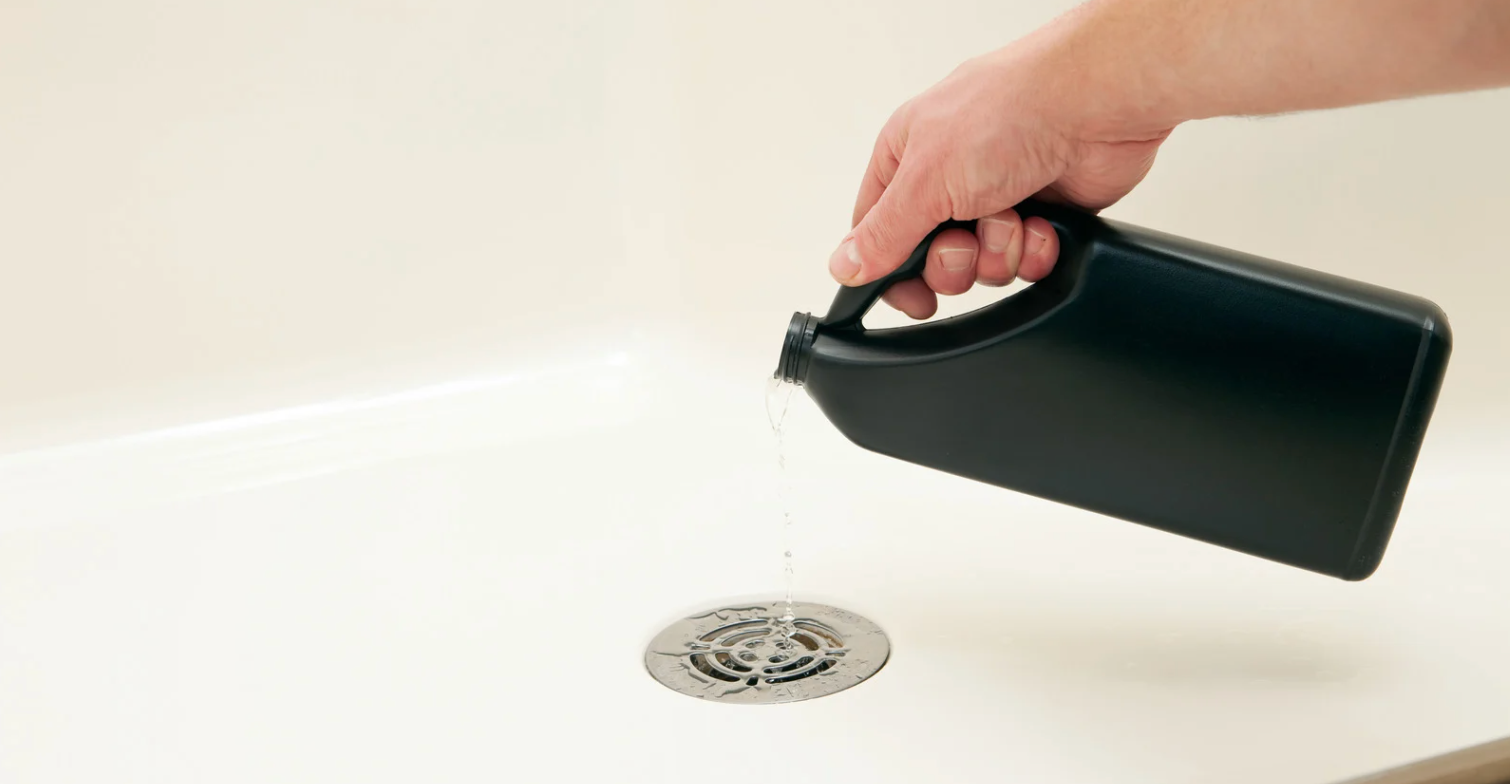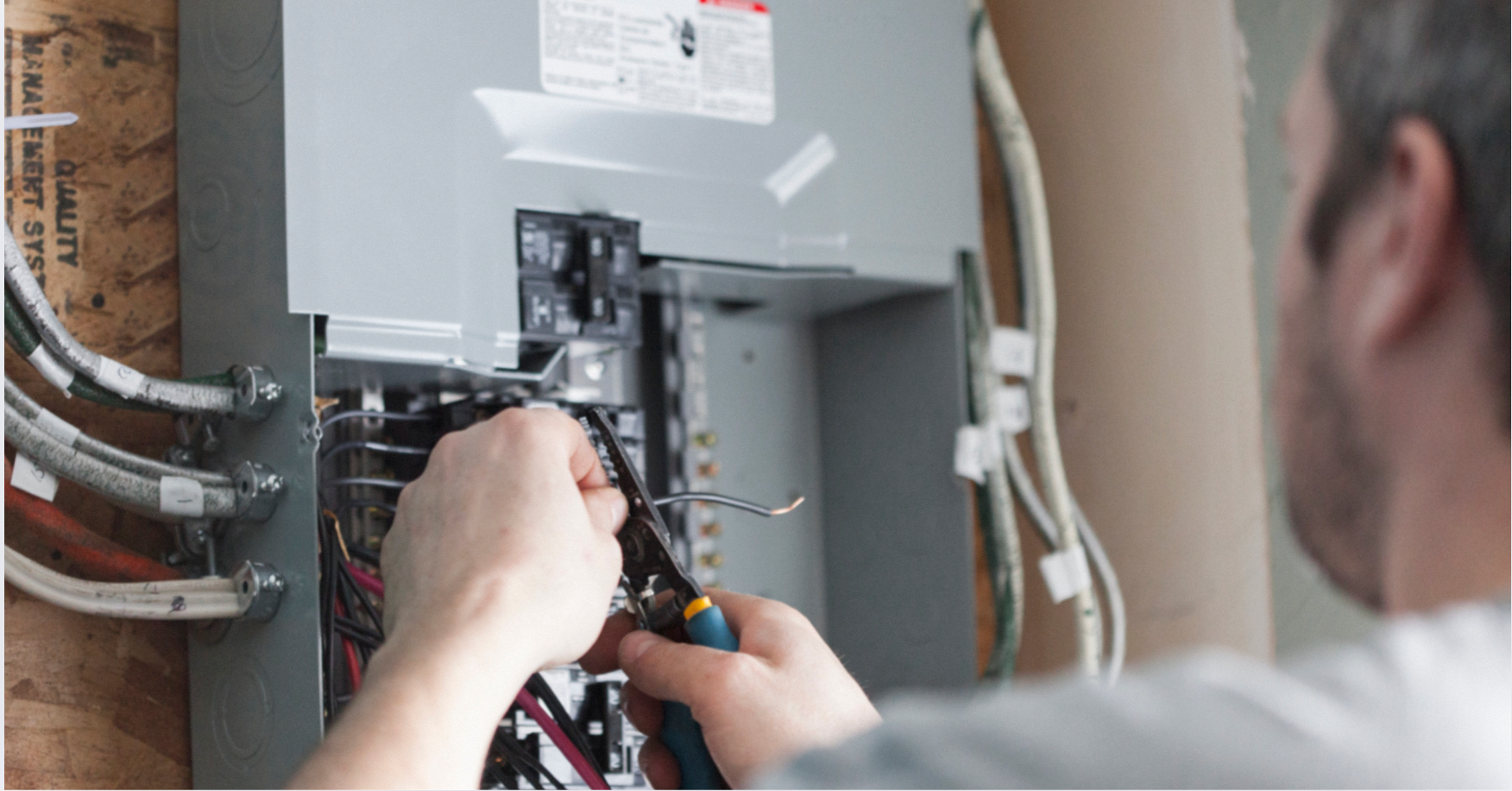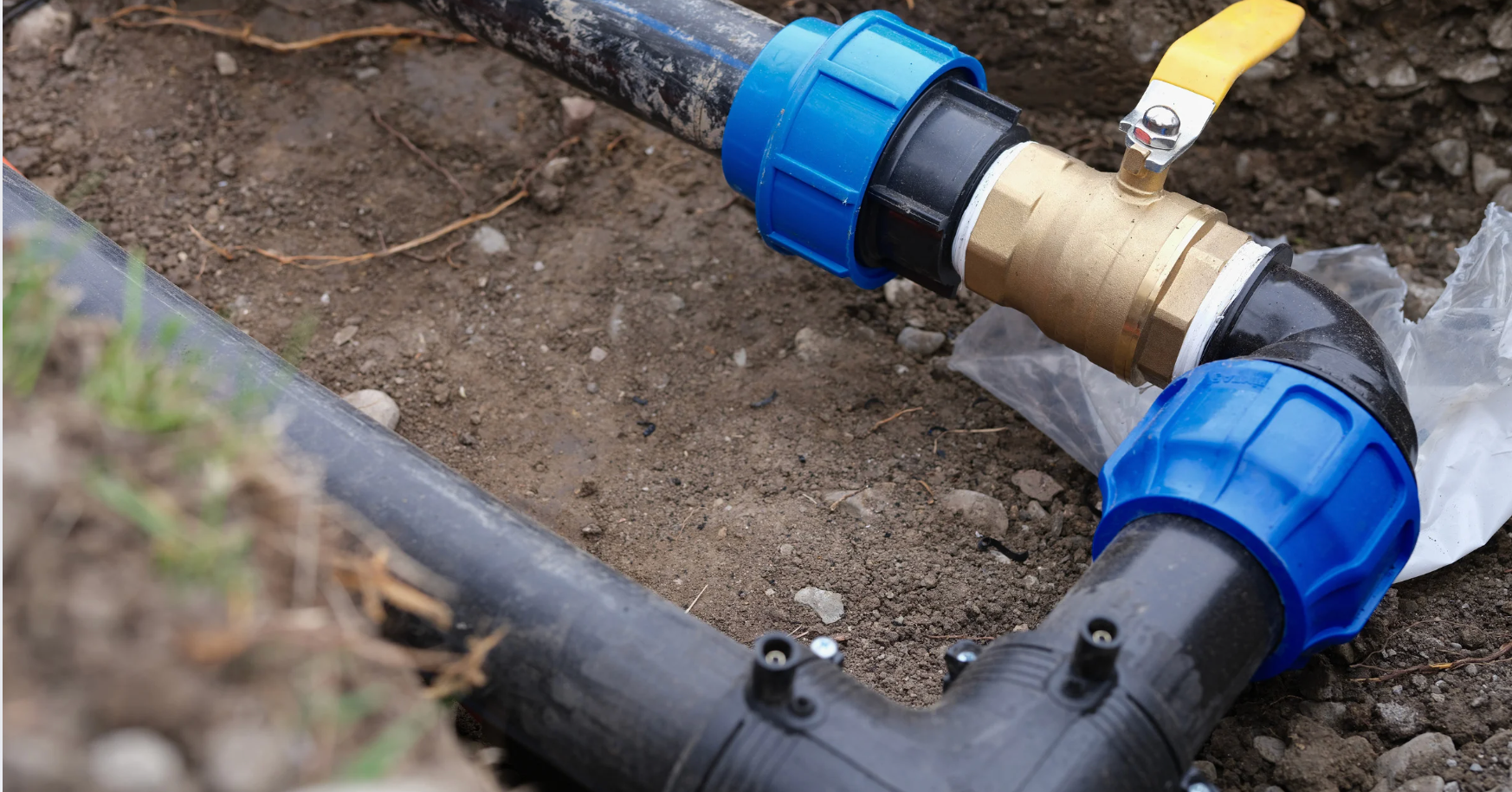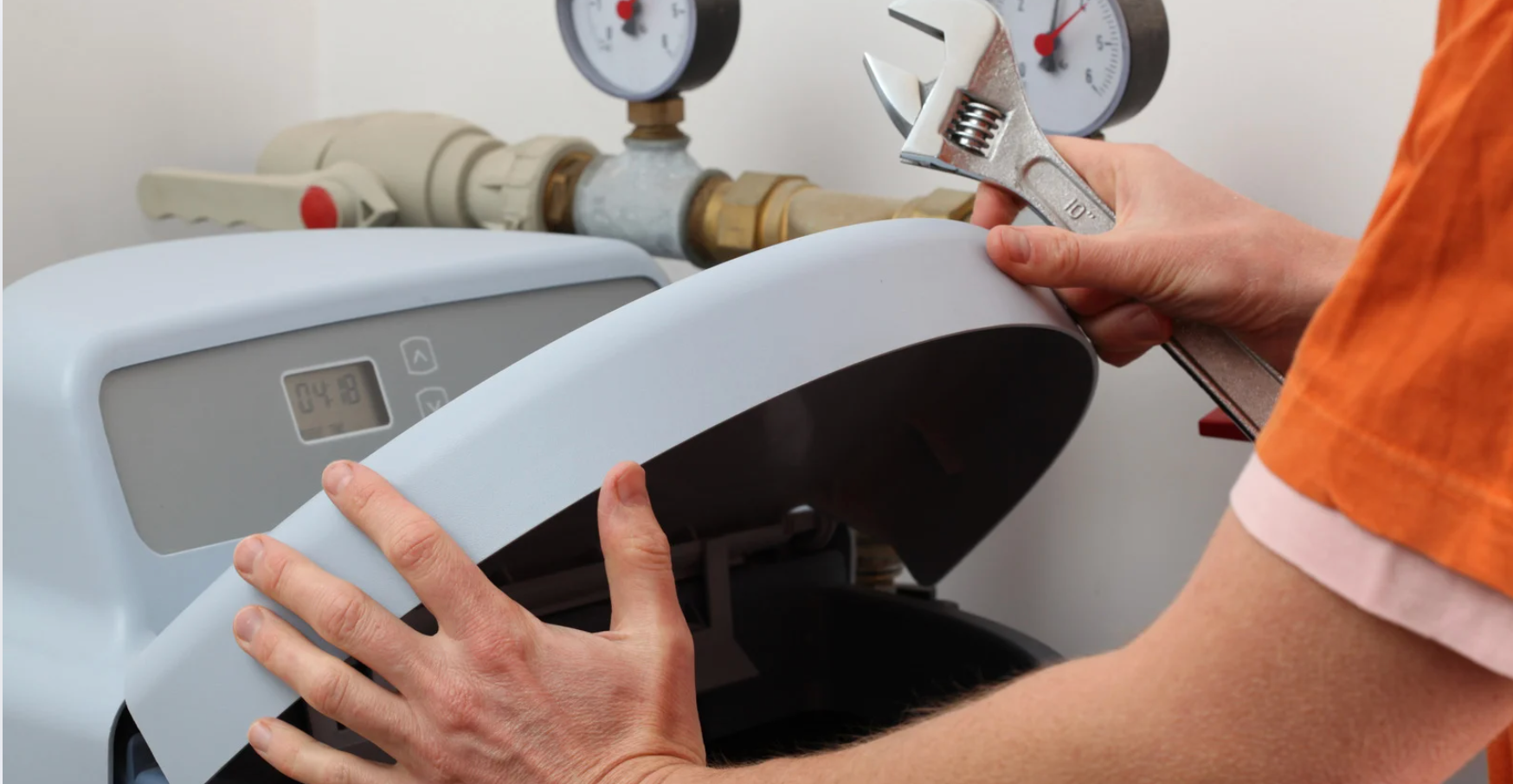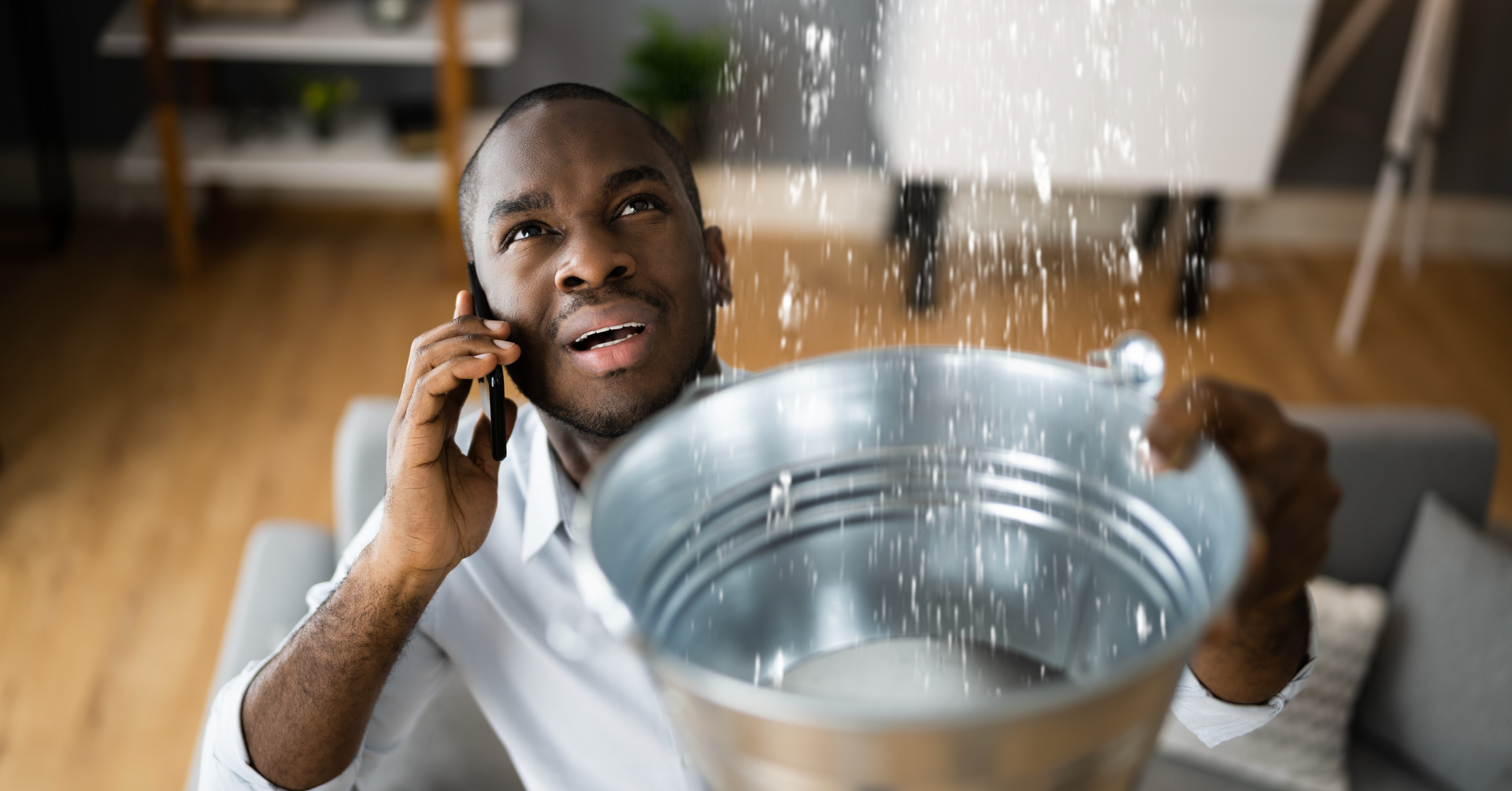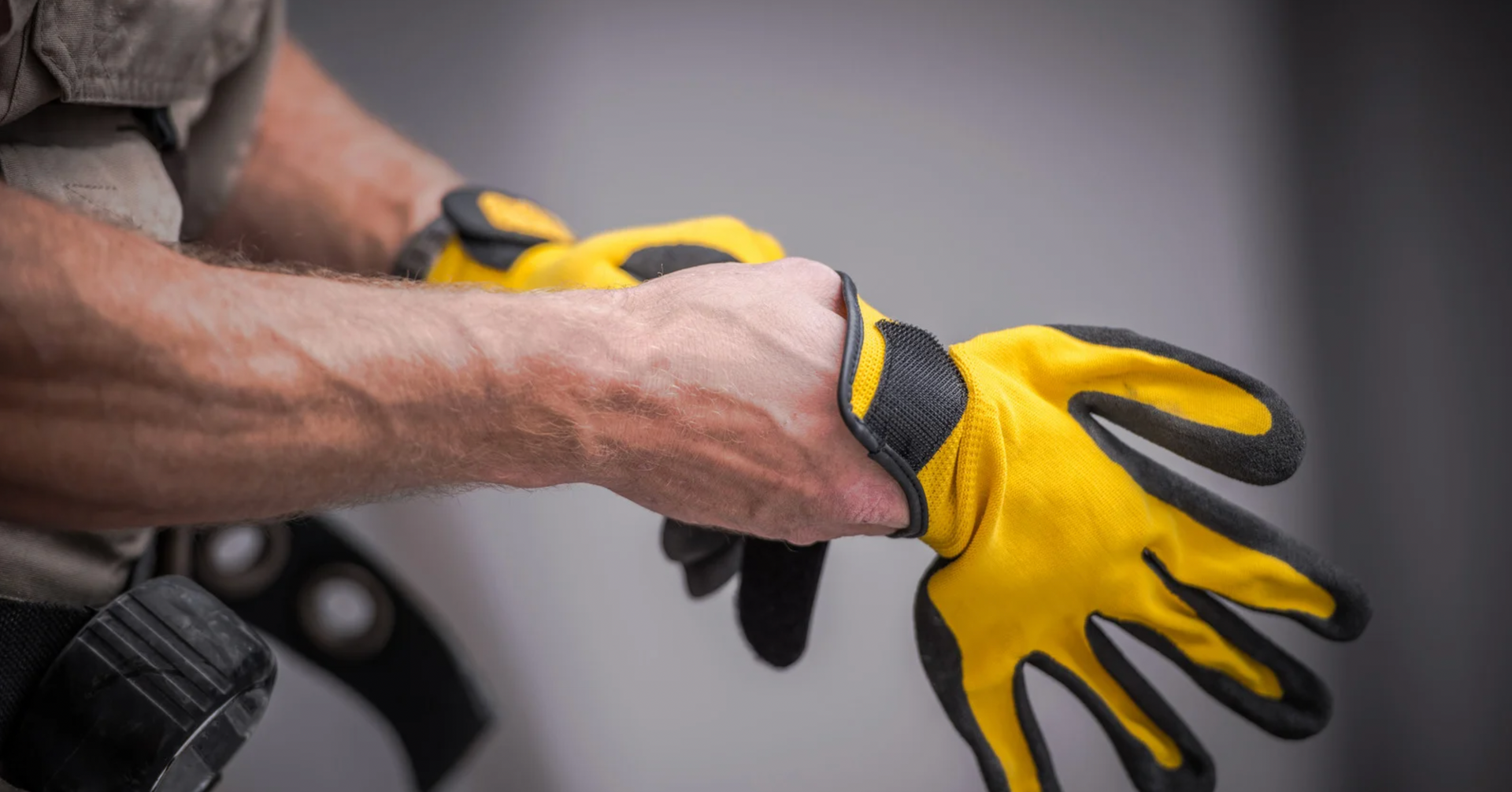What Causes High Temp Shutdown on Water Heater?
Have you ever suffered from a lack of hot water, only to discover that your water heater has shut off due to a high temperature shutdown? A high temperature shutdown on your water heater could be caused by several issues. It is typically related to the thermostat, dip tube, gas pressure, sediment build-up or a faulty thermocouple. The professionals at Charlotte Plumbing
can help you determine how to restore your water heater to working status.
What Causes a High Temp Shutdown on a Water Heater?
A "High Temp Shutdown" is a safety feature that activates when a water heater overheats, indicating a potential issue within the system. Several factors can contribute to this problem, including:
- Faulty Thermostat
The thermostat regulates your water heater's temperature. If it malfunctions or fails to shut off the gas or electrical heating element at the set temperature, the water may overheat, triggering a shutdown. - Damaged Dip Tube
The dip tube delivers cold water to the bottom of the tank to ensure proper heating. A damaged or broken dip tube can cause uneven heating or improper mixing of cold and hot water, leading to temperature fluctuations and potential shutdowns. - Excess Gas Pressure or Heating Issues
In gas water heaters, excessive gas pressure can cause overheating. Similarly, in electric water heaters, a malfunctioning heating element can create dangerously high temperatures. - Sediment Build-Up
Minerals in your water can form sediment at the bottom of the tank over time. This build-up acts as insulation, trapping excessive heat and causing the water temperature to exceed safe limits. - Thermocouple or Safety Mechanism Failure
A faulty thermocouple in gas water heaters can cause improper gas flow, leading to overheating. If any safety mechanisms fail, the high temp shutdown feature activates to protect the system.
How To Fix a High Temp Shutdown
If your water heater displays a high temp shutdown error, follow these steps to troubleshoot the issue:
- Check the Thermostat
Ensure the thermostat is functioning correctly and set to a safe temperature (typically 120–140°F). Replace the thermostat if it’s not working properly. - Inspect and Replace the Dip Tube
A broken or damaged dip tube should be replaced to ensure proper water circulation within the tank. - Flush the Tank
Drain and flush your water heater tank to remove any sediment buildup. Regular flushing can prevent overheating and improve the efficiency of your water heater. - Replace the Thermocouple or Heating Element
If the thermocouple or heating element is faulty, replacing it can resolve overheating issues. This is best handled by a professional plumber to ensure proper installation. - Call a Professional
If the problem persists after these steps, it’s time to call a licensed plumber. They can assess the issue more thoroughly and repair or replace faulty components.
How to Prevent High Temp Shutdowns
Preventing high temp shutdowns involves regular maintenance and monitoring:
- Flush the Tank Annually: This prevents sediment buildup that can cause overheating.
- Inspect the Thermostat: Check that the thermostat is calibrated correctly and functioning properly.
- Test Safety Mechanisms: Ensure the thermocouple, pressure relief valve, and other safety devices are working as intended.
- Schedule Professional Maintenance: Regular inspections by a plumber can catch small issues before they lead to a shutdown.
When to Call Charlotte Plumbing
While some water heater issues can be resolved with DIY fixes, a high temperature shutdown often requires the expertise of a professional plumber. If you've tried troubleshooting the problem and your water heater is still overheating, it could be a more complex issue, such as a malfunctioning gas valve or a damaged thermostat. Attempting to fix these components without the proper knowledge can be dangerous. For your safety and to prevent further damage to the system, it's recommended to call a licensed plumber like the pros at Charlotte Plumbing for a thorough inspection and repair.
